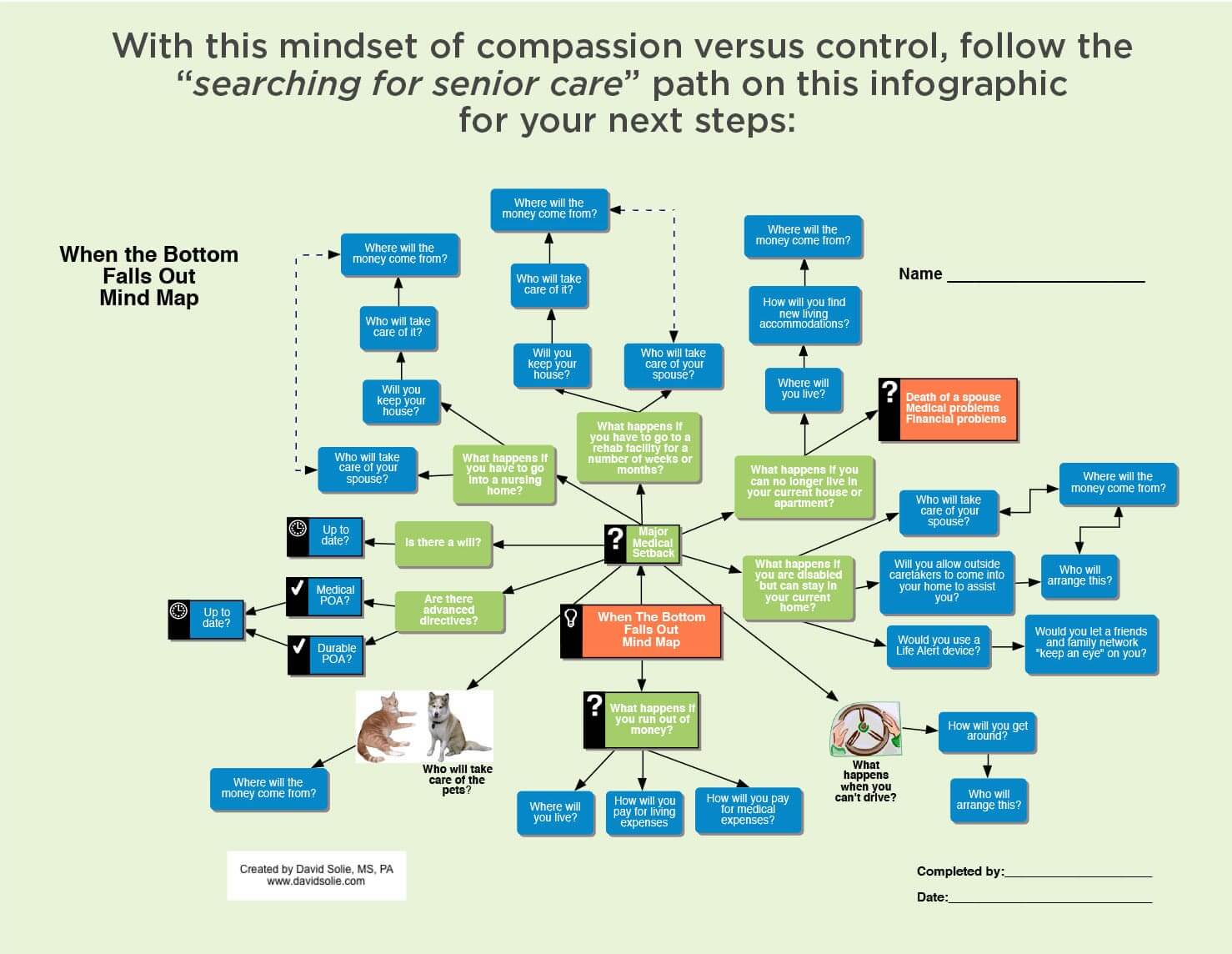Here’s How to Start Your Search to Find Senior Living

Everyone comes to the starting line for different reasons — an extended illness, a fall resulting in a mobility change, a stroke. But for most, the starting line itself is the same: 75% of decision makers begin with an online search when they want to find senior living.
 Unfortunately, a simple Google search like “senior care in Massachusetts” produces 392 million results. How do you narrow things down? How do you know which links to click? How do you know which place or provider will offer the best care?
Unfortunately, a simple Google search like “senior care in Massachusetts” produces 392 million results. How do you narrow things down? How do you know which links to click? How do you know which place or provider will offer the best care?
Even if you do narrow down those results, the search to find senior living for yourself or a loved one isn’t that simple. It’s not the same as looking up a Kelley Blue Book value on a car or checking a restaurant’s reviews. It’s an emotional decision tied up with complex logistics, health care, and financial strings.
So before we dive into that rabbit hole, let’s take a step back.
Adopting the Right Mindset to Find Senior Living
Ideally, the senior care search should be a positive, cooperative process that incorporates the needs of everyone and everything involved in the process. That’s why we recommend you go in with the mindset of balancing control with compassion.
This is particularly important if you’re a provider or caregiver for your loved one. Finding that balance is a vital part of your role in this process.
David Solie, geriatric psychology expert and author of How to Say It to Seniors: Closing the Communication Gap With Our Elders, says this is the key to more successful conversations about the process moving forward.
 “We’re not parenting our parents, we’re partnering with our parents,” he says. “You tell them, ‘I think you want to have as much independence as possible, and my job is to help you weigh both sides.’”
“We’re not parenting our parents, we’re partnering with our parents,” he says. “You tell them, ‘I think you want to have as much independence as possible, and my job is to help you weigh both sides.’”
Once you enter the process with that frame of mind, your search to find senior living becomes a source of mutual care rather than friction. It’ll also help you start narrowing down your options. Once you and your family or support team have agreed on the needs you’re looking to address, you can begin a more targeted search process.
And when you’re ready to start searching, this map can help you take the first steps.
Use this Map to Find Senior Living
This mindmap, created by David Solie, can help you make sure you’re asking the right questions and thinking of every possibility. Every box on this map is an important topic of discussion, so make sure that your family addresses all of them.
Keep in mind that many of these are tough topics to discuss, including some worst-case scenarios. Use that mindset of compassion versus control to guide how you approach each topic, particularly if you’re starting the conversation with an elder that’s facing tough new decisions.
The map covers a few key categories:
- Changes in current living situations
- Changes in current physical abilities
- Money concerns
- Wills & final directives
- Logistics of changing your situation
Essentially, this map can help you find the right senior living situation by helping you understand why you or your loved one needs that senior care — and what the change might entail.
It’ll also help you consider every possible solution to upcoming challenges. For instance, your senior might wish to stay in their current home. Look at the bottom right of the map for a series of helpful questions to talk through what that might look like, including whether your senior would allow outside caregivers into the home, or whether they would consider a Life Alert device.

If you’re just starting this journey, consider taking this 5-minute survey to assess your situation and determine whether it’s the right time for senior living for you or your loved one.


